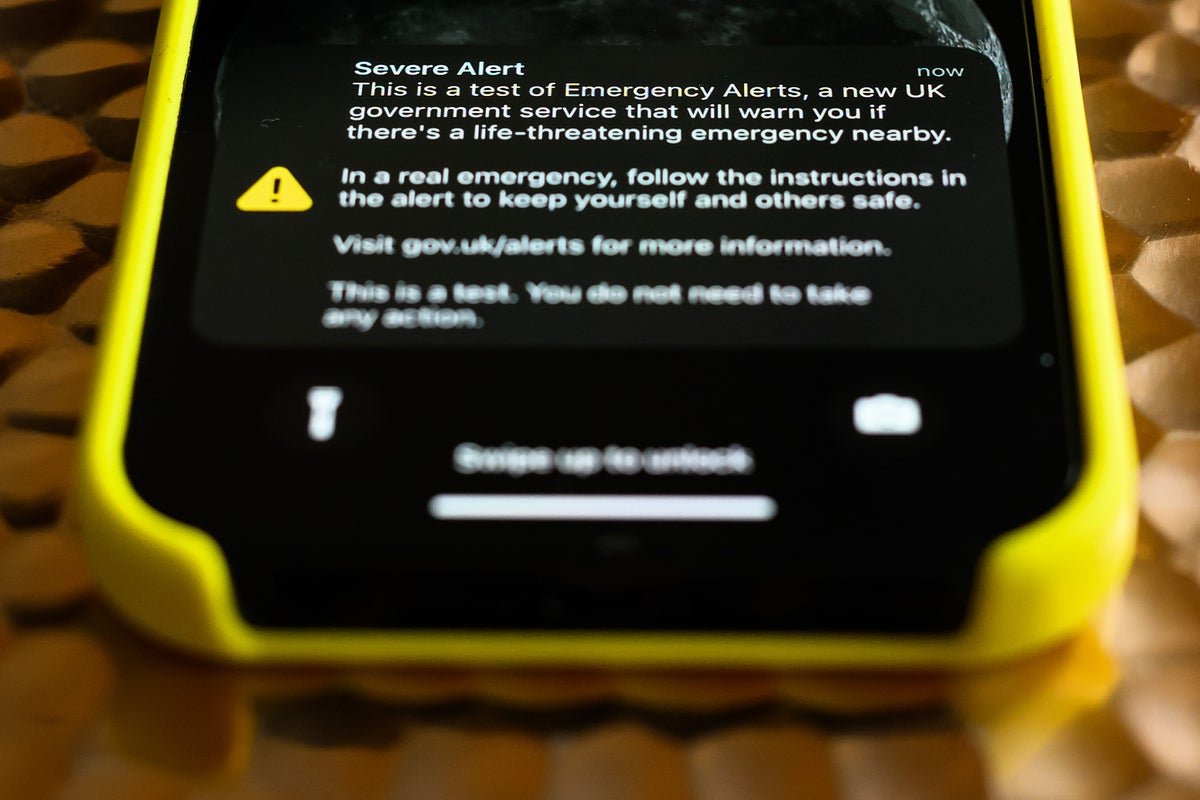
Millions of phones, TVs and radios across the US will receive an alert on Wednesday as part of a nationwide test for an emergency alert system.
At 2.20pm ET, the Federal Emergency Management Agency (FEMA) will test the Emergency Alert System for TV and radio sets, and the Wireless Emergency Alerts for phones.
“These test alerts are necessary to verify that the system is working properly so that, in a real case, citizens will know what to do, depending on the information that is issued,” said Nino Correa Filomeno, the commissioner of the Puerto Rico Emergency Management Bureau, who will coordinate with FEMA for the tests.
“Amid this hurricane season, and any time an emergency occurs, it is necessary to have this system in place.”
It is the seventh test for the system since FEMA set it up, however there are already conspiracy theories spreading online about its actual purpose.
One false theory is that the signal is being sent to activate nanoparticles that have been introduced to people’s bodies, with one widely shared claim suggesting that it relates to the Covid-19 vaccine.
Some users on X, formerly Twitter, advised people to shut off their phones in order to avoid receiving the alert.
One user wrote: “Recommendations include not only disabling all alerts but also removing the sim card and shutting down your phone completely, possibly putting in a faraday bag if you have one.”
Any smartphone that is switched on and within range of a cell tower will receive the emergency alert test message, which will be accompanied by a “unique tone” and vibration to make sure it is seen, heard or felt by as many people as possible, including those with disabilities.
The radio and television portion of the test is being conducted with the participation of broadcasters, satellite providers and cable systems.
“We want to ensure that the systems continue to be effective, that the public understands and uses these alerts and warnings about emergencies, particularly those on the national level, as we work to strengthen emergency readiness among our communities,” said Orlando Olivera, a coordinator at FEMA’s Caribbean office in Puerto Rico.
“This is one step to be ready for emergencies. We are encouraging everyone, especially older adults to Take Control in 1, 2, 3: Assess your needs, Make a plan, and Engage your support network.”







